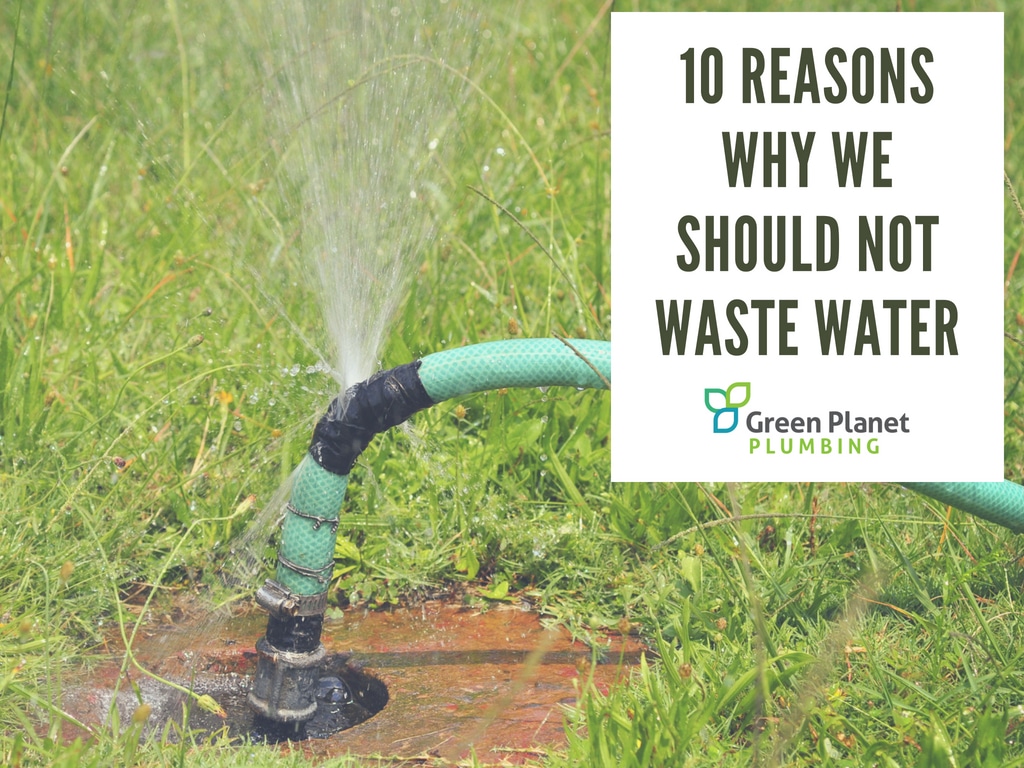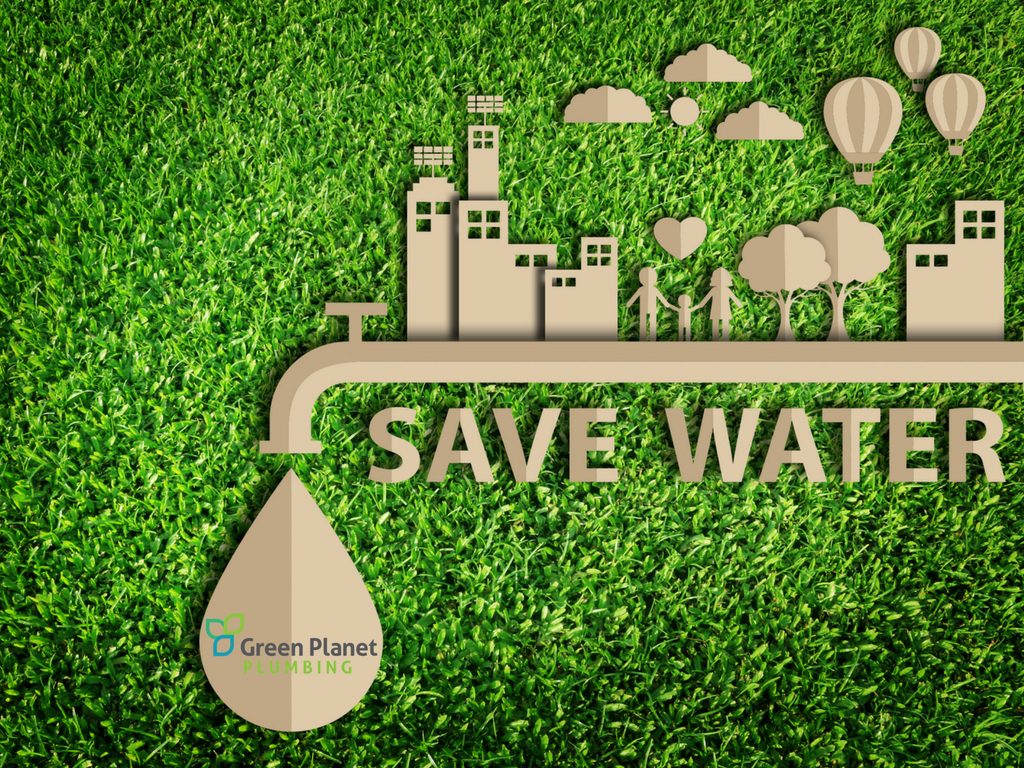
At least 55% of our bodies are made of water. The surface of the Earth, on the other hand, is 71% water. With water being so necessary, yet at the same time, a common substance in our ecosystem, do we need to conserve it? Here are 10 reasons why you should:
1. Water is a scarce and finite resource.
Believe it or not, while 71% of our earth is covered in water, only 3% of it is fresh water. Out of that 3%, only 1% is available, the remaining 2% being locked in glaciers and ice caps. This means that 1% alone must sustain an entire planet of inhabitants including humans, animals, and plant-life alike. Fresh water is not a renewable resource. The more the population grows, the less we will have if we don’t conserve it.
2. Water is necessary for life.
The reason to conserve water is as obvious as this. We need water to survive. We need it not only to sustain us but our way of living. The food that we eat, the crops, the livestock, all depends on water to be viable for future consumption.
In the United States alone, half of all the water that the country has is used to raise animals. That means only half is for human consumption, some of which is not even for drinking. Without enough water, we would have to focus on other sustainable food sources, like insects and bugs. While that is possible, it is always better to focus on what you can do to sustain our current way of living for the long haul.
3. Wasting water increases the value of other commodities.
With water being scarcer, it becomes harder to produce certain commodities that need it. As a consequence, certain commodities will become scarce or priced at higher rates.
4. It is a cost reducing measure.

Water conservation means choosing the right options to reduce the use of water. The less we use water, the less money and energy we spend in processing and having it transported in our homes, hospitals, and other establishments.
5. It ensures that it can be continually used for recreational purposes.
We have plenty of uses for freshwater other than drinking and bathing. There are recreational sports, spas, and other similar activities involving water or requiring water for maintenance. If water is not conserved, it is possible that in the near future, there will no longer be recreational activities supported by water.
6. It improves water quality.
Water quality can actually be improved by conserving water. In a survey conducted by EIP Associates to address California’s water quality concerns, water conservation practices not only reduce water consumption, but also improve the water quality. The reason behind it is the fact that there are less waste water going back into fresh water sources.
7. There is only so much that you can do with waste water.
Waste water can be used for numerous things. It can be fertiliser, a source of energy, or recycled to lower carbon footprint amongst others. However, there is limits to what you can do with waste water. When the time comes that there is more waste water than potable water, it will not be enough to sustain human life. Having safe potable water is always better than recycling waste water.
8. It reduces our carbon footprint.
One study has shown that water conservation actually helps with reducing greenhouse gas emissions. The reason is that, the more efficient the use of our waters are, the less energy and costs there are to produce products and emit greenhouse gases.
9. Water is essential to preserve the environment.
It is a no brainer that our flora and fauna need water to survive. And they too would thrive if we reduce our water consumption. The less we consume, the less pollution we create. The less pollution we create, the more beneficial it is to our environment.
10. It gives future generations the opportunity to thrive.
Our future generations have only one world to live in, and it will be in whatever condition we may leave it. Failing to conserve water, now that it is clearly a necessity, poses danger to future generations and what we leave behind. The more we conserve water, the more inhabitable the Earth will be for them to thrive on.
Water conservation starts at home. By adapting small practices to reduce water consumption, we may collectively be able to create a big impact in our environment and community in the long run.